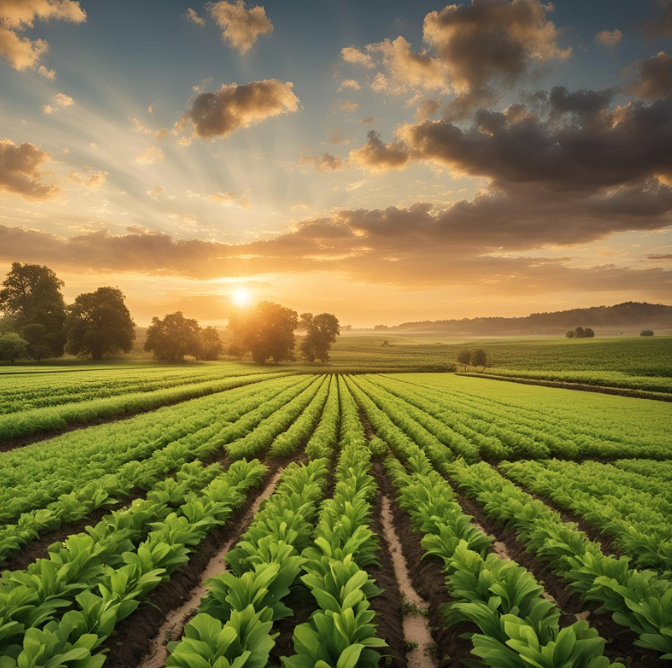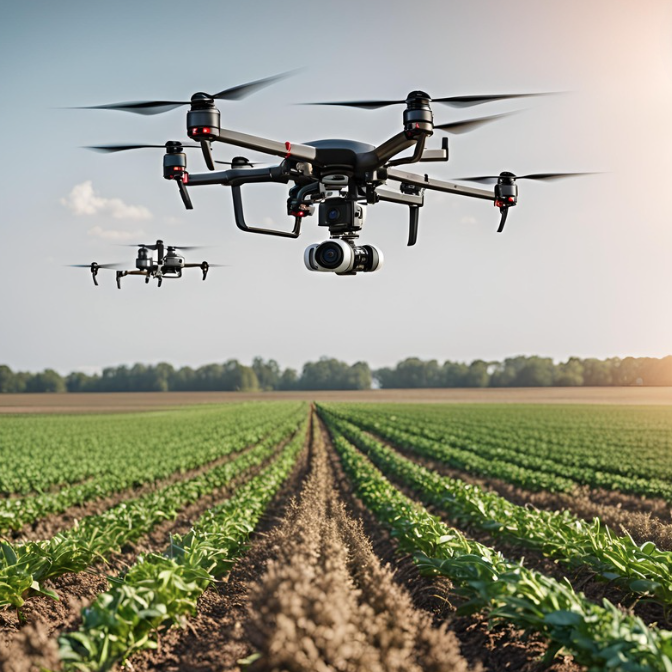
Ep 1. Innovation in AgriFood Tech
The Use of AI and Machine Learning in Modern Agriculture
Technological innovation is transforming agriculture, making it more efficient and sustainable. AI and Machine Learning (ML) are revolutionizing agricultural production. They offer advanced solutions for various applications.

For example, these technologies can monitor crop conditions, detect diseases and pests early, and optimize water usage. Machine Learning algorithms, like convolutional neural networks (CNN), excel in image analysis for diagnosing plant diseases and assessing soil quality.
AI application examples include drones and field sensors that collect real-time data. This data is analyzed by AI models to provide precise recommendations on irrigation, fertilization, and phytosanitary treatments. This approach increases productivity and reduces environmental impact by minimizing chemical use and optimizing natural resources.
John Deere uses AI-equipped drones to monitor field conditions and detect problems weeks in advance. This technology has reduced pesticide use by 30% while improving crop yields.

Additionally, AI can improve food supply chain management. AI-based forecasting systems help farmers plan crops based on predicted weather conditions and market demand, reducing waste and improving economic efficiency.
Another example is xFarm Technologies, a digital platform designed to simplify farm management through technology. xFarm uses AI to analyze data from various sources such as sensors, satellites, and weather forecasts. This analysis provides farmers with actionable insights to optimize crop management, improve yield quality, and ensure sustainability.
The platform also facilitates traceability and compliance with agricultural regulations, making it easier for farmers to meet market demands and maintain high standards of production. xFarm supports 340,000 farms and integrates data from various sources to provide real-time insights for better farm management.
However, implementing AI in agriculture presents challenges. These include the need for large amounts of high-quality data, high computational power requirements, and ethical considerations related to data privacy and the socio-economic impact on farming communities.
IBM’s Watson Decision Platform for Agriculture is another success story. This AI-based crop management system integrates data from satellites, field sensors, and weather forecasts. It optimizes every phase of the crop cycle, from planting to harvesting.
AI and ML are powerful tools to address the challenges of modern agriculture. By adopting these technologies, agriculture can become more sustainable, productive, and resilient, contributing to global food security.
If you want to stay up-to-date subscribe to the newsletter!
